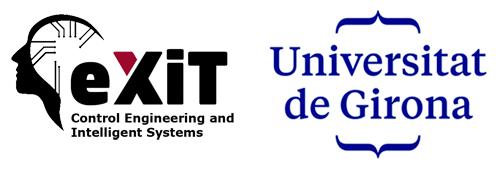Goal: Complex equipment failure prediction (e.g. Magnetic Resonance Imaging devices, Computer Tomography scans).
Data
Equipment logs.
Method
Sequence learning + case-based reasoning and probabilistic.
Results
97 % success.
The use of complex medical equipment (Magnetic Resonance Imaging – MRI, Computer Tomography – CT, Positron Emission Tomography – PET-CT ) has been crucial for patient diagnosis. Such equipment is known to be complex, composed of several pieces and subsystems, all of them subjected to high safety constraints, since they are using sensible technology regarding human health. Thus, if there is a minimal deviation of a given configuration parameter of the equipment component, the equipment sets up an alarm and stops. Nevertheless, when a machine fails, it causes many problems in the clinical service. Thus, a desired situation is to monitor the medical equipment so that failures can be predicted. We use sequence learning to learn failure patterns from even logs produced by the components of the machines. Patterns are used in a case-based reasoning system to predict failures.
On the other hand, we explore a probabilistic approach to create predictive models based on the exploitation of existing maintenance registers for the estimation of failure rates and internal cause-effect relationships to build those models.
Goal: Workflow monitoring for equipment repair.
Data
Simulated.
Method
Petri nets, agents, auctions, heuristics.
Medical technology is by now an integral part of health care according to consisting generally accepted standards. Their purchase and operation thereby represent an important economic position and both are subject of everyday optimisation attempts. Optimization means that, expensive equipment is repaired quickly, but also cheap but abundant equipment is kept on work. Here, we use Petri nets for workflow modelling and complex event processing (CEP) for workflow monitoring to predict possible delays.

